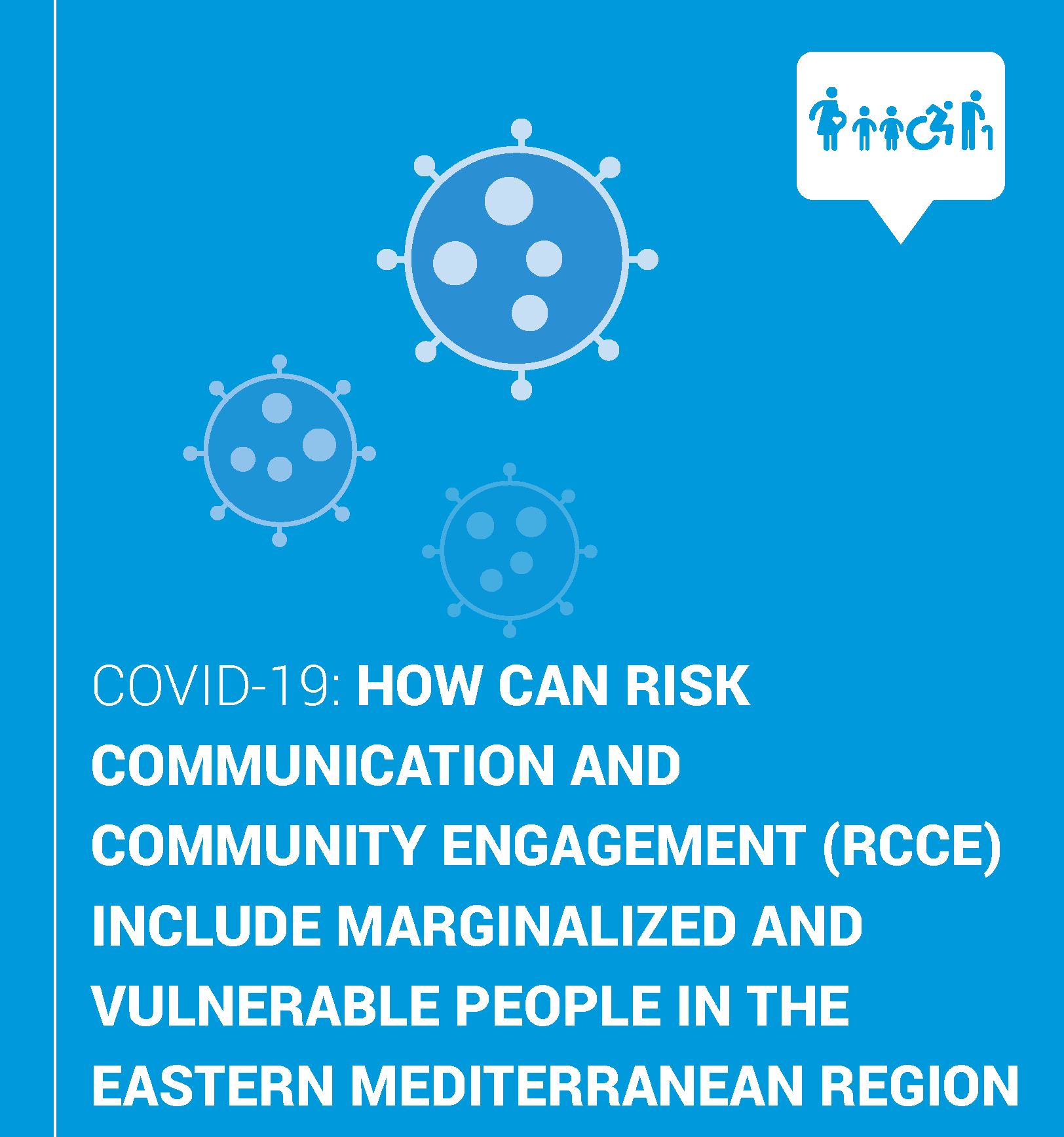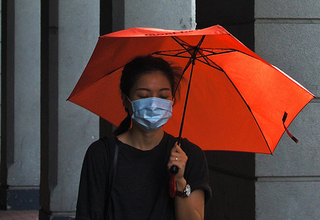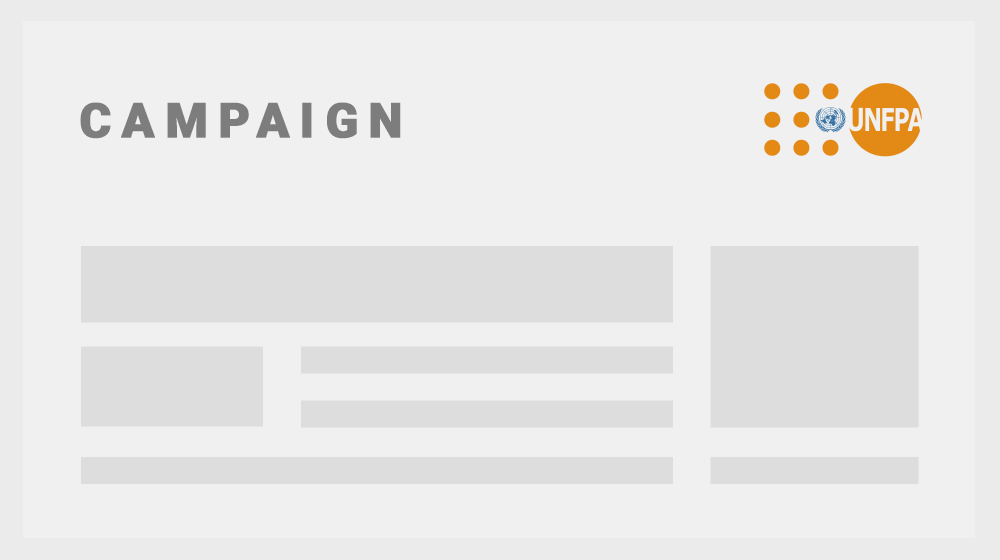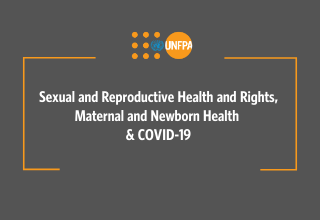Some segments of our societies, particularly women, internally- displaced people, migrants, refugees, the elderly and people with disability are among those who may experience the highest degree of marginalization. People who experience marginalization, particularly those
facing intersecting forms of discrimination across diverse factors - including gender, age, disability, migrant or refugee status, nationality, ethnicity, health conditions, geography and socioeconomic status - become even more vulnerable in emergencies.1 This is due to many factors such as their lack of access to effective surveillance and early-warning systems and health services.
The COVID-19 outbreak is predicted to have significant impacts on various sectors. Among the vulnerable groups outlined below, the people most at risk of experiencing the greatest health, social and economic impacts are those who:
- Depend heavily on the informal economy;
- Live in areas prone to conflict and in humanitarian settings;
- Have inadequate access to social and economic services, community support or political influence;
- Have limited capacities and opportunities to cope and recover;
- Have limited or no access to technologies and public infrastructures;
- Live in camps, informal settlement settings or densely-populated areas or housing units;
- Live in host communities without formal residency permits;
- Are in prisons or detention centers;
- Fully depend on protection services and unpaid care work;
- Are already subject to discrimination and violence;
- Survivors of gender-based violence.
By understanding these issues, and how they impact women, men, boys and girls of diverse ages, backgrounds and physical abilities, we can support them better in emergencies by prioritizing their needs and engage them in decision- making processes for preparedness, response, recovery and risk reduction.




